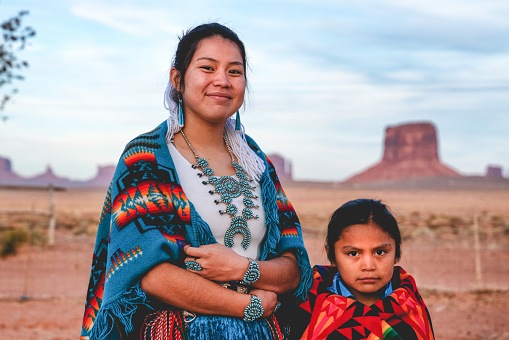
People with an Indigenous American (IA) ancestry have a greater risk of developing HER2-positive breast cancer, according to a study published in Cancer Research.
In this study, researchers recruited 1,842 patients from who had received a diagnosis of invasive breast cancer during or after the year 2010 and were between the ages of 21 and 79 years. “Peru is one of the countries in Latin America with extremely high proportions of IA ancestry, which is an understudied genetic component in medical research. The collaboration with Dr. Vidaurre from INEN was fundamental for the realization of this study,” said Laura Fejerman, PhD, associate professor of medicine at the University of California San Francisco in a press release.
The study reports results from 1,312 patients who had available genome-wide genotype data. Overall, HER2-positive breast cancers accounted for 30% of cases with 18% positive for hormone receptors. On average, participants had approximately 76% IA ancestry, with 9.8% percent of patients having greater than 95% IA ancestry.
According to the results, the researchers observed a statistically significant differences in the distribution of different breast cancer subtypes among women with different proportions of IA ancestry. The results showed that the odds of having a HER2-positive tumor were 1.19 times higher for every 10 percent increase in IA ancestry. Conversely, the odds of developing HER2-positive disease decreased with increasing European ancestry. The observed correlations were independent of the participant’s age at diagnosis, level of African ancestry, height, tumor stage at diagnosis, and region of residence. The findings were the same with smaller cohorts from Mexico and Colombia. Overall, the odds of having a HER2-positive tumor in these cohorts was approximately 1.28 times greater for every 10 percent increase in IA ancestry.
Indigenous American ancestry may be associated with HER2-positive breast cancer https://t.co/dNPn4tEJPv
— Science Codex (@sciencecodex) April 3, 2020
“The association between IA ancestry and HER2 status suggests that population-specific variants of IA origin could be partly contributing to the higher incidence of HER2-positive breast cancer in Latinas,” said Dr. Fejerman. “Our ongoing research aims to identify the specific germline variants that may lead to this association. This information could eventually be incorporated into a risk prediction model for Latina women to identify those at high risk for certain subtypes. Dr. Fejerman added that: “Understanding the genetic basis of the observed association could also help researchers understand the biology of the disease, which could eventually lead to new treatments.”
https://t.co/PVyJL7Qu86
@HER2positivebreastcancer #bccww #bcsm #DYK #Cancer #FindACure #JoinTheFight #Awareness #EndCancer #tumor #HER2
Indigenous American ancestry may be associated with HER2-positive breast cancer.— unsocial truth (@knitz22) April 3, 2020
Indigenous American Ancestry May Be Associated With HER2-positive Breast Cancer – Technology Networks https://t.co/RJtd8OLCvQ
— NationTalk.ca (@NationTalk) April 3, 2020

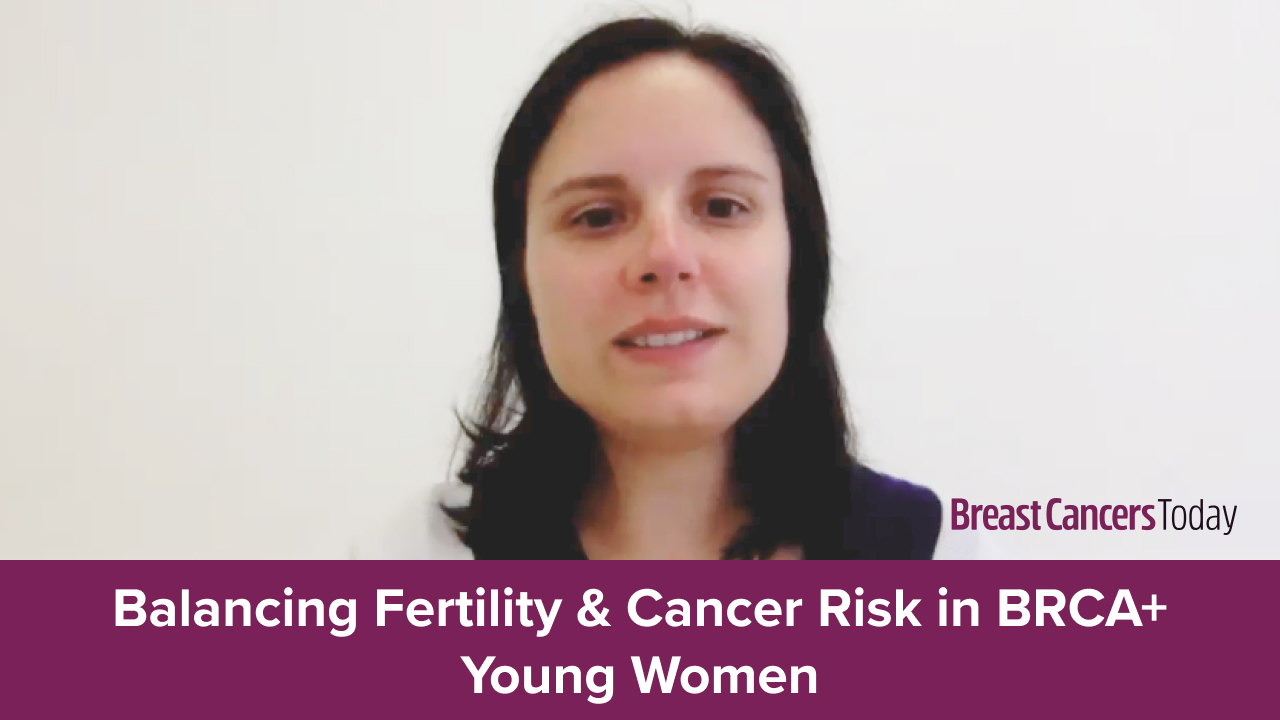

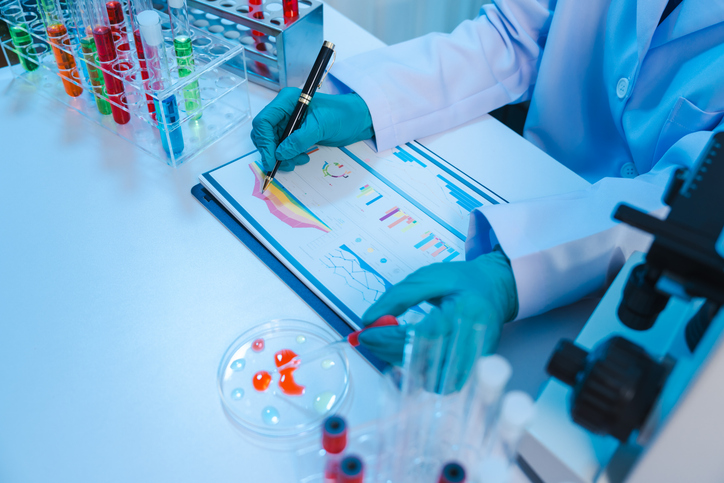
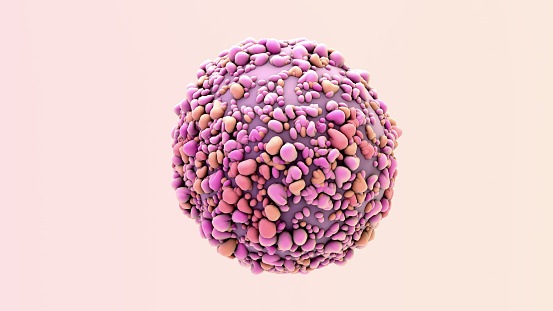
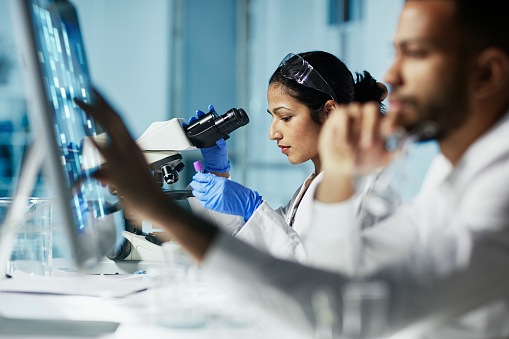

 © 2025 Mashup Media, LLC, a Formedics Property. All Rights Reserved.
© 2025 Mashup Media, LLC, a Formedics Property. All Rights Reserved.